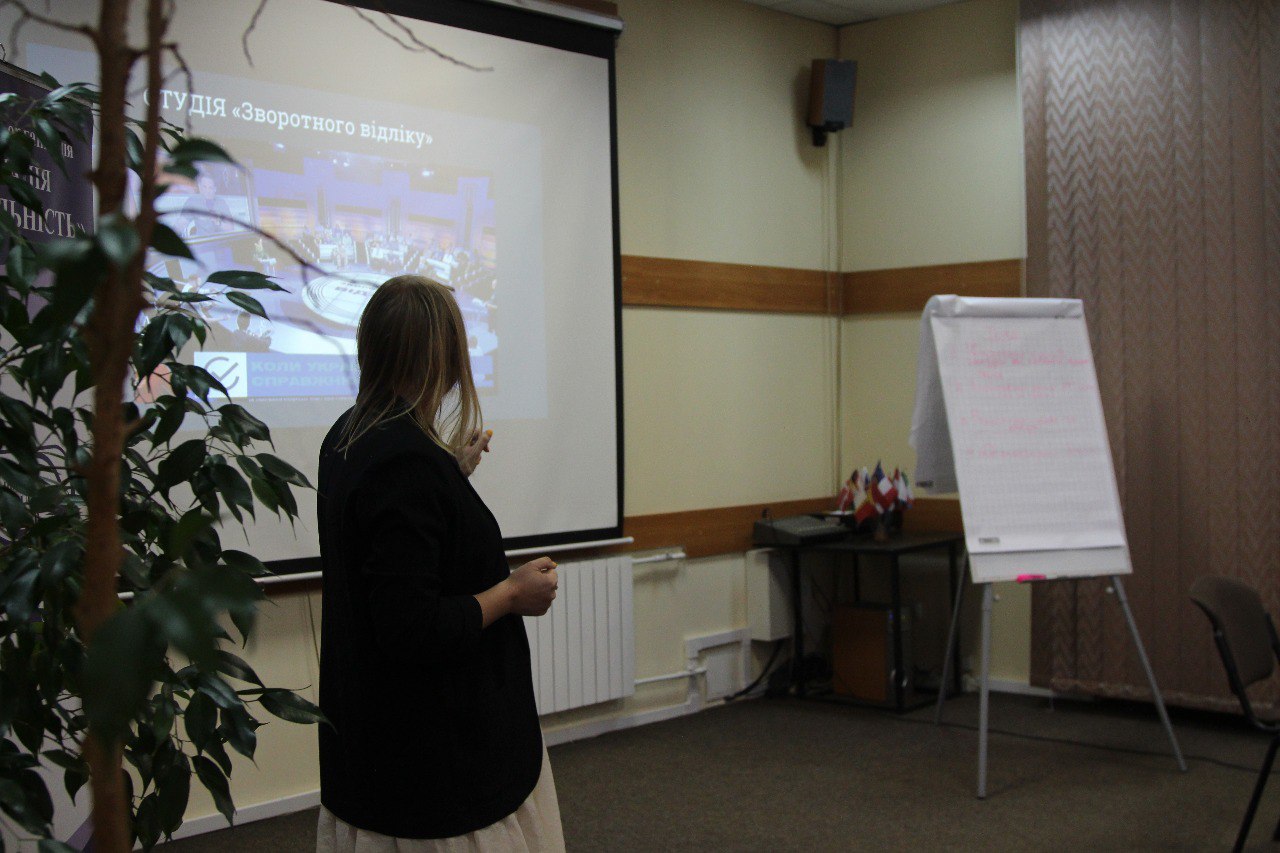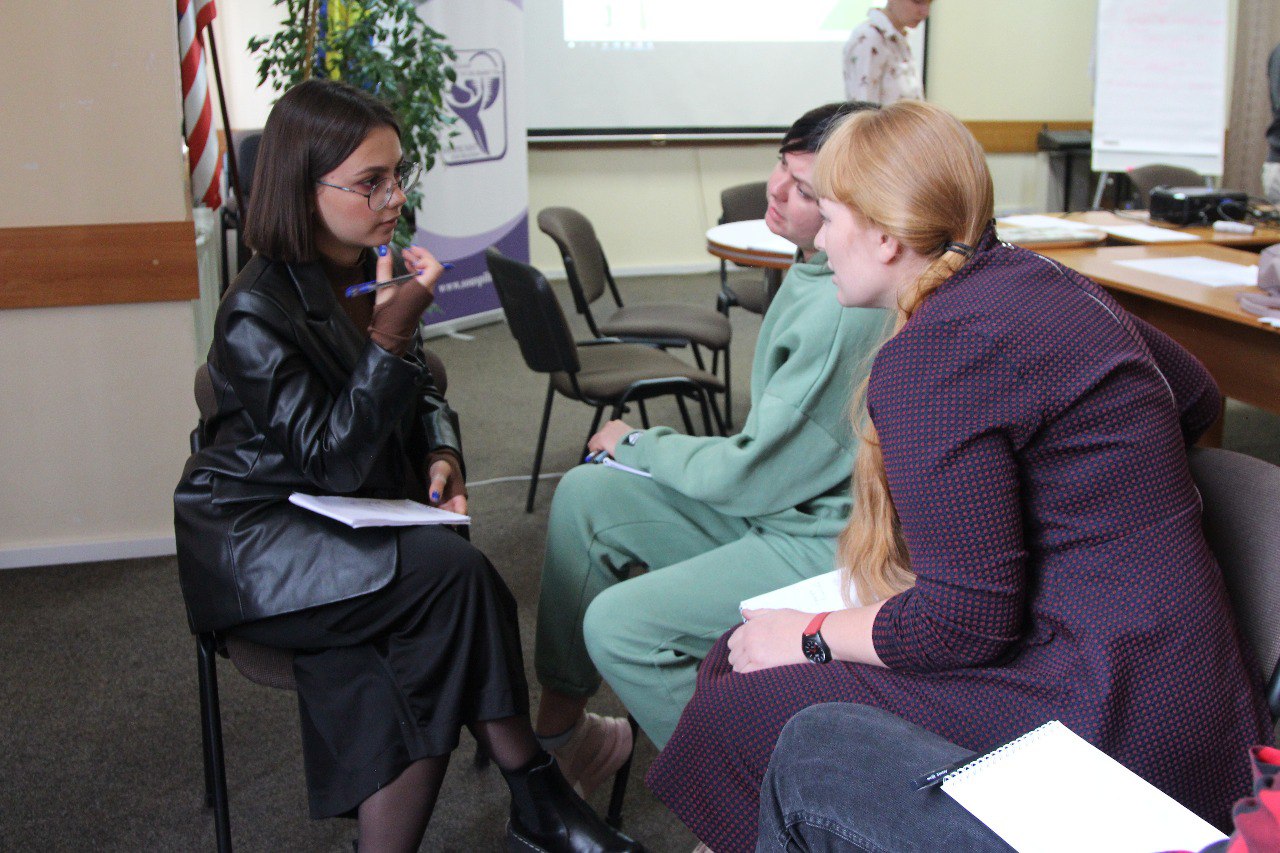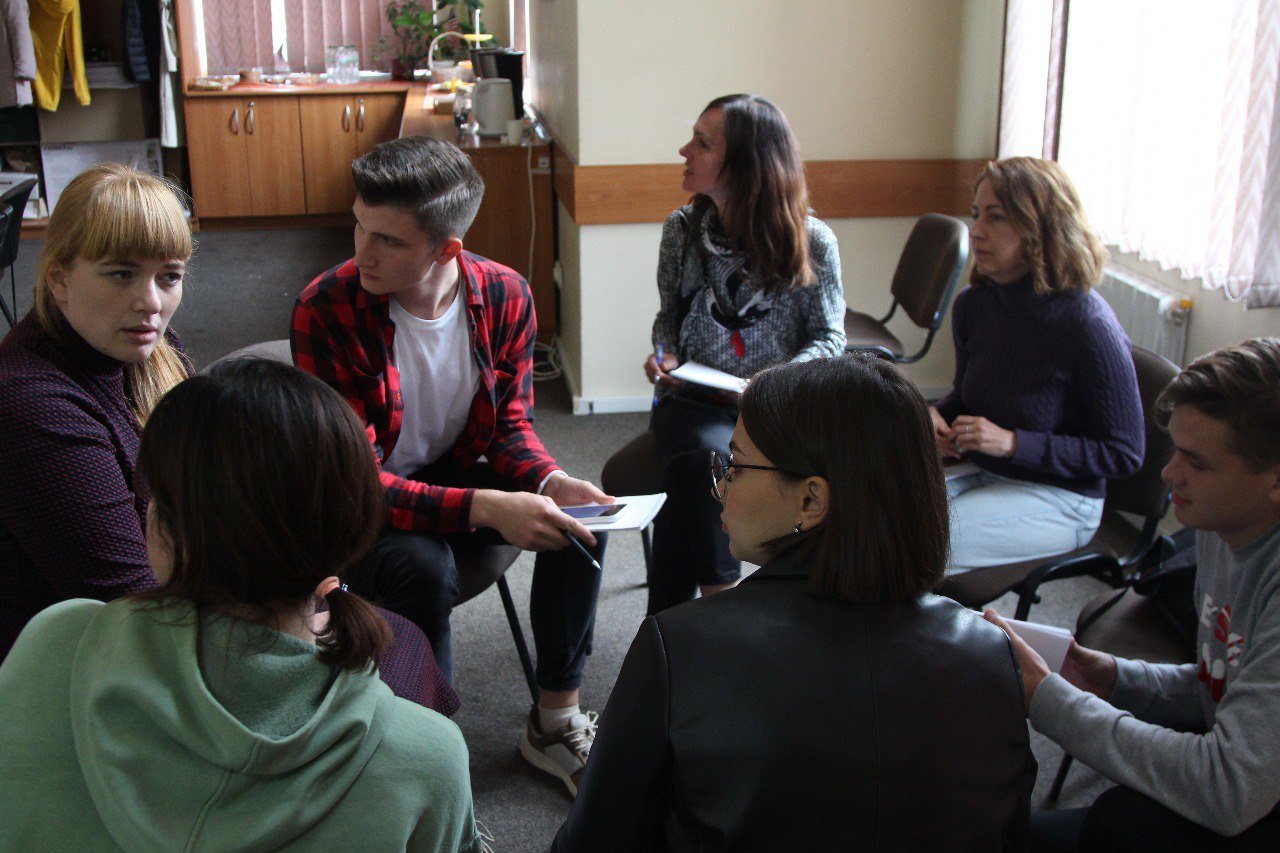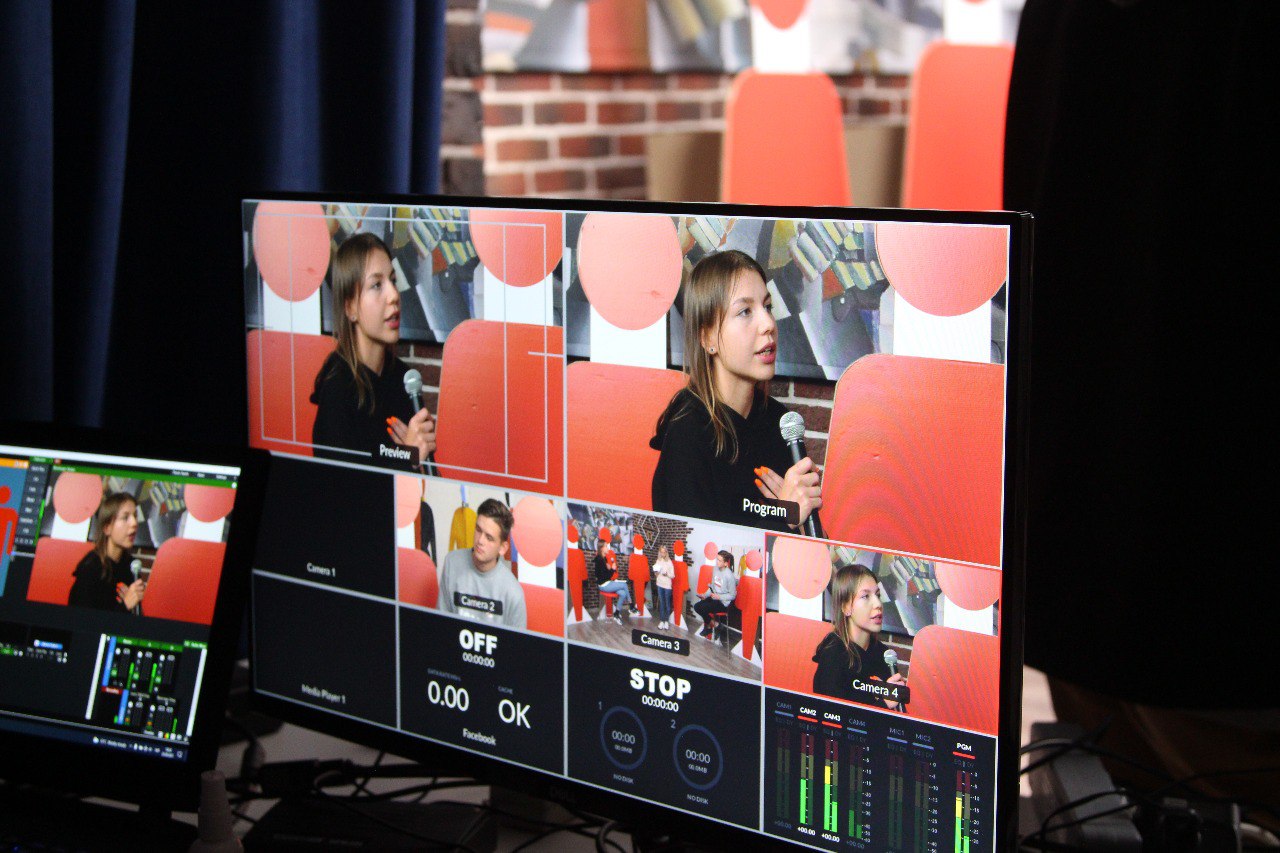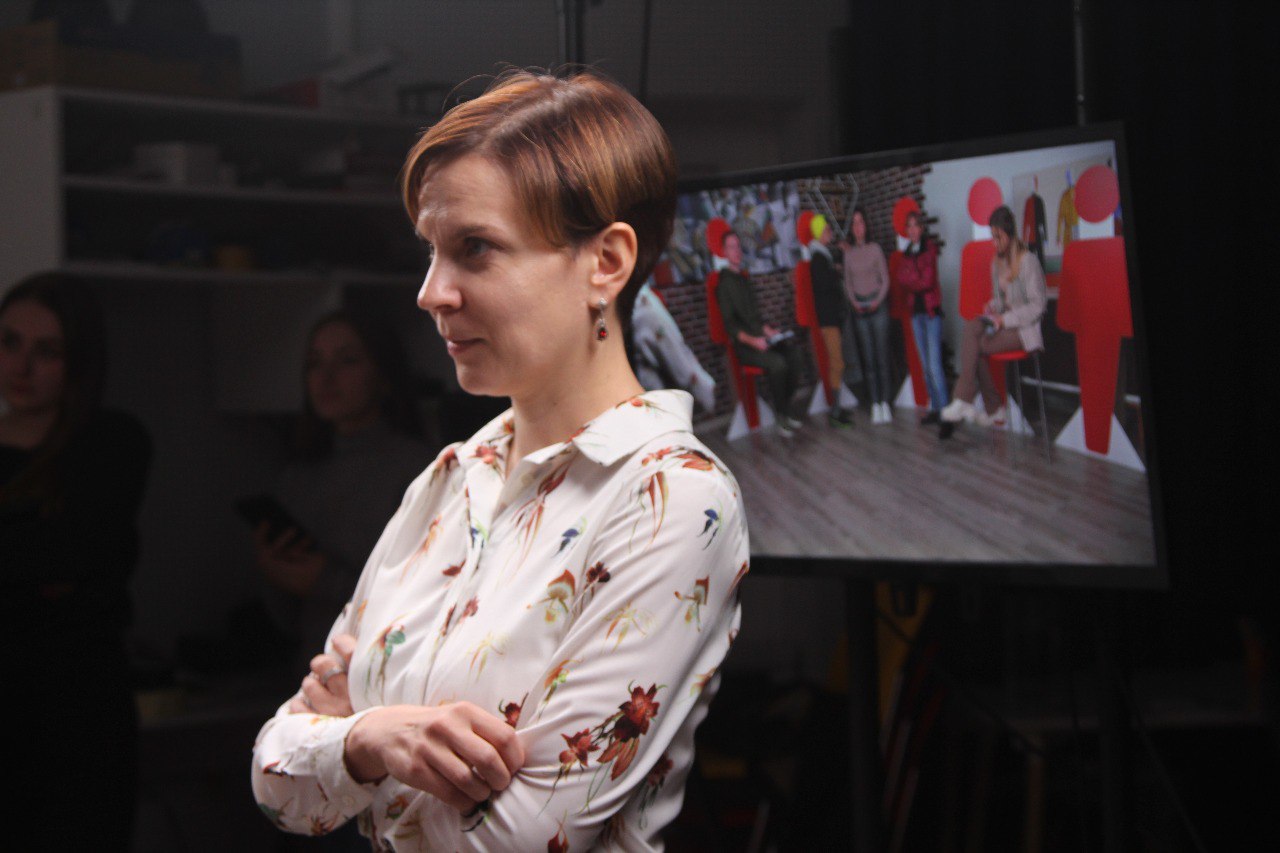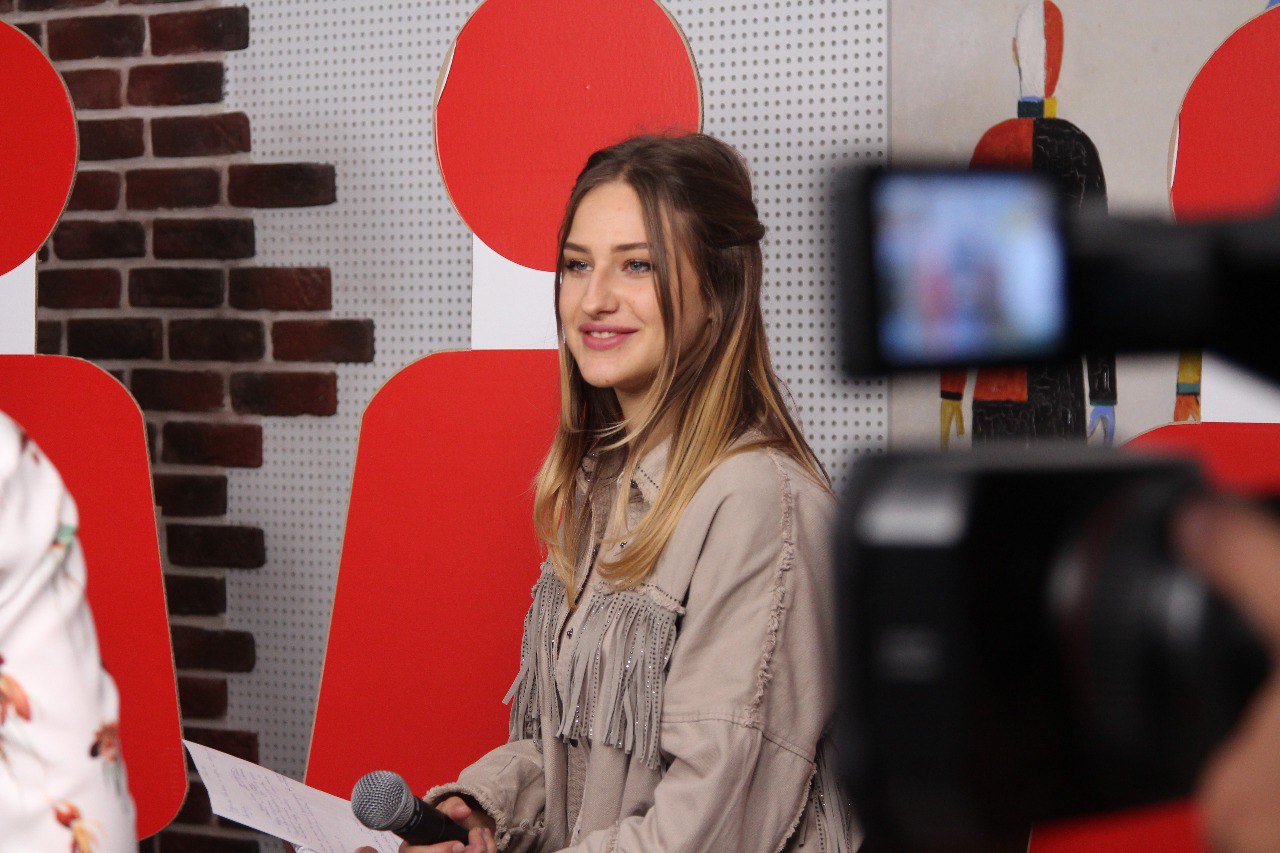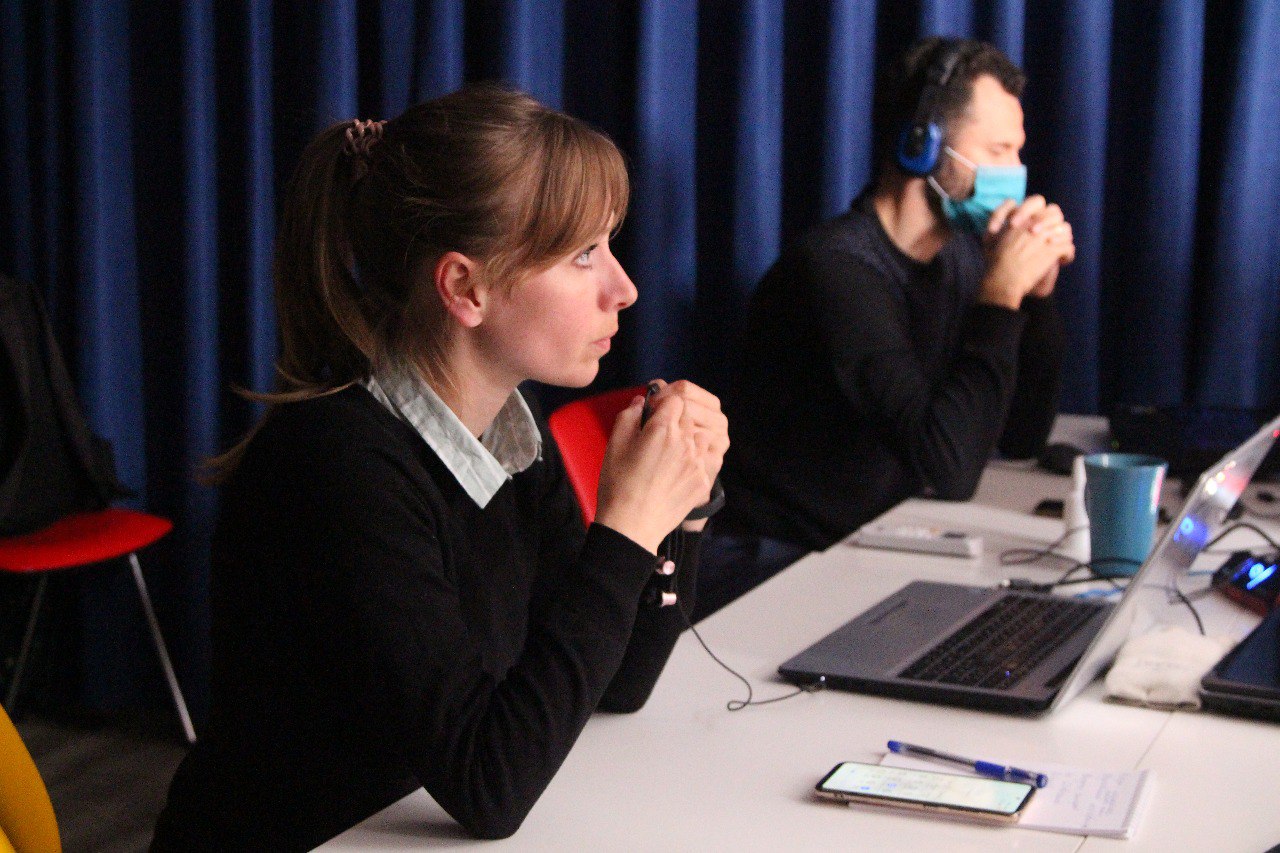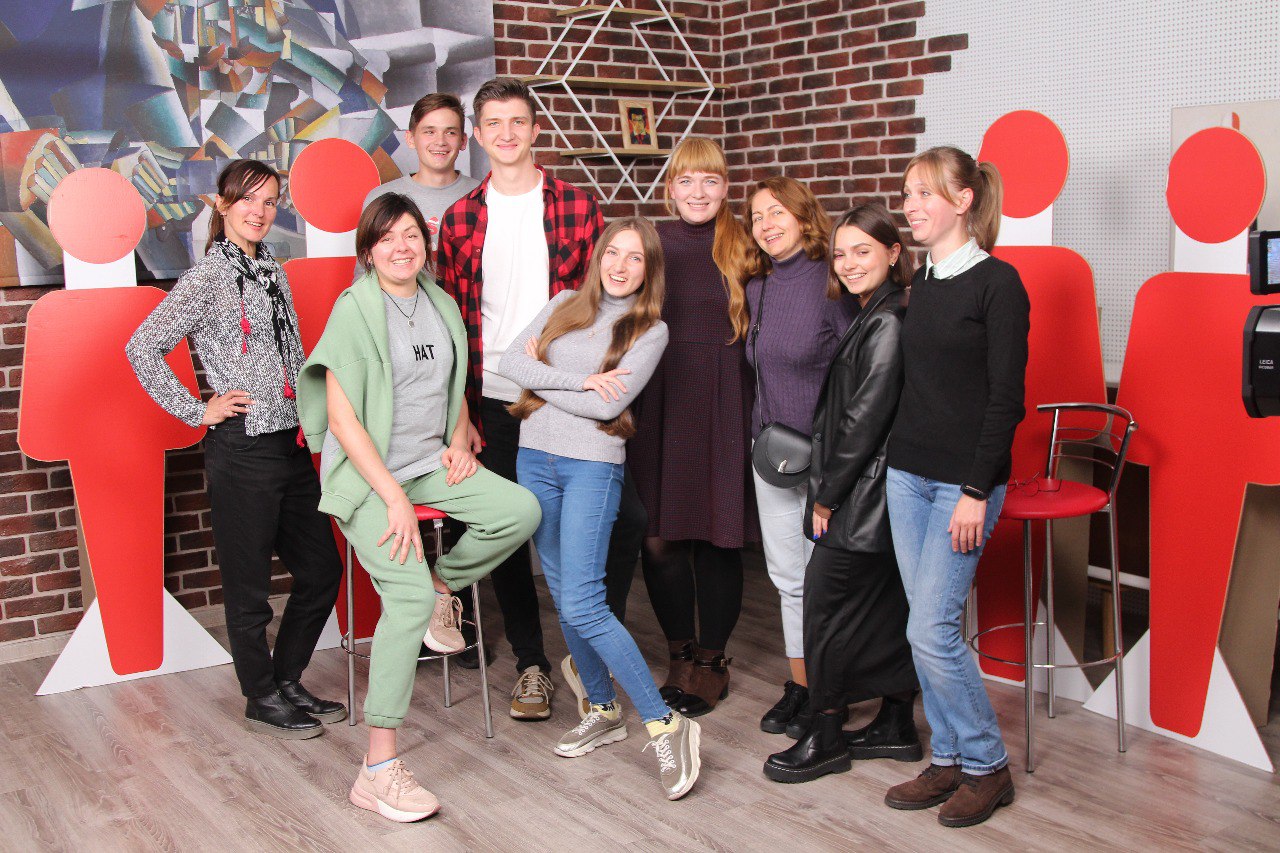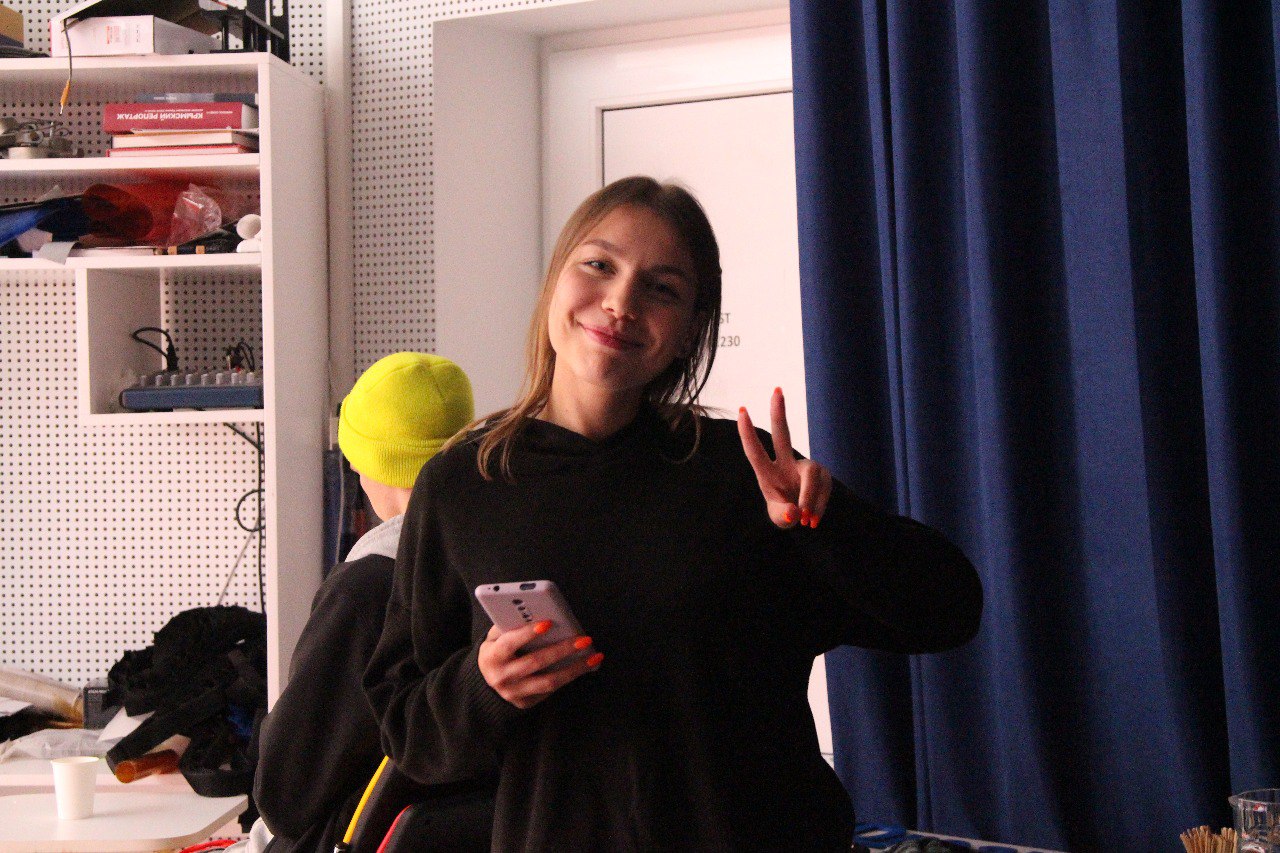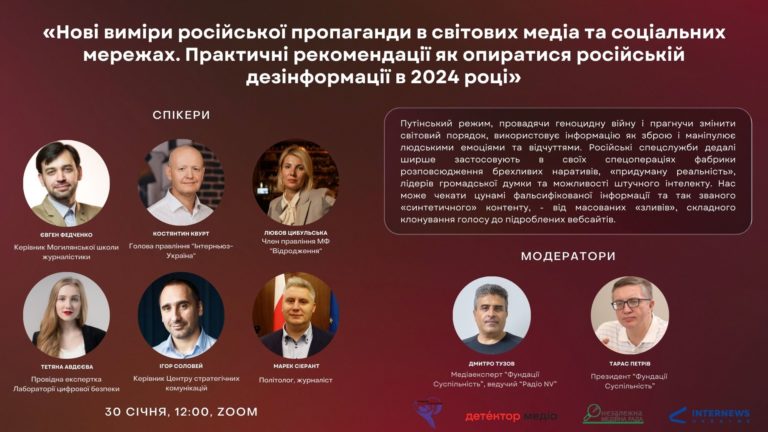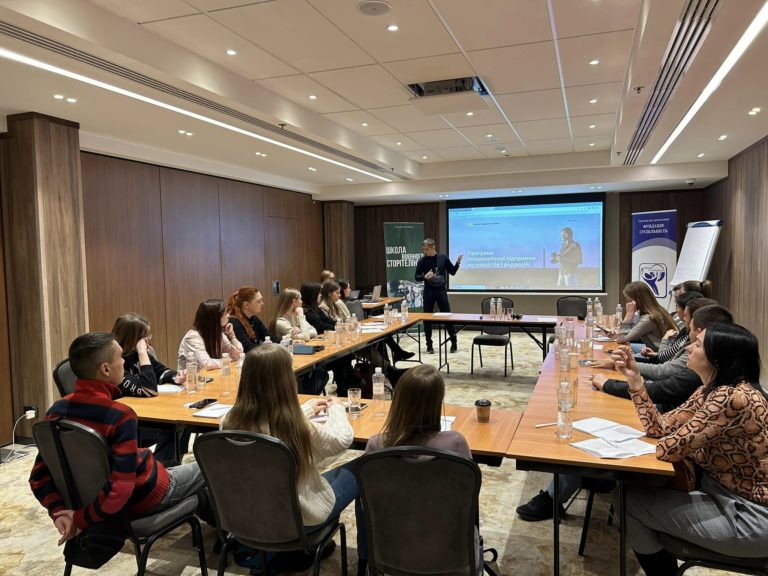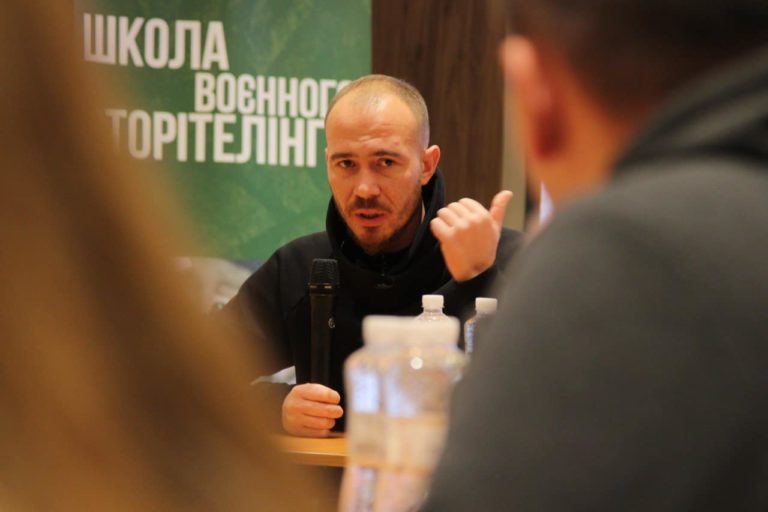On September 25-26, twenty participants from different regions received training in online debate media production and created their own pilot debate programs.
On day one of the intensive training, the participants learned how to select the topic, team, and debate, as well as about the place and role of the moderator in a debate program, at the lectures and practicum of Dmytro Tuzov, NV Radio host.
Dmytro Tuzov noted that the moderator’s role in a debate program is not limited to keeping an eye on the time limit or keeping to the program’s plan, it is about the balance:
It’s important to be knowledgeable in the topics and yet refrain from making value judgments regarding the participants’ positions, “detect” the moments when the debaters speak untruths or manipulate facts, providing the real picture and leaving it to the audience to draw their own conclusions.
Dmytro Hruzynskyi, TV and radio network development director at UA:PBC, spoke about debates as part of the TV format.
The trainer noted that it is important to make good use of allied subjects (marketing, sociology, psychology), know your audience, find the “consumers’ raw spot” that can be soothed by a new project, and keep experimenting based on logical data.
Values must guide the team’s work, but it’s important to be heard, otherwise, the values will amount to nothing, noted Hruzynskyi.
Oleksandra Ochman spoke about the media producer’s work and what is needed to launch a media project (her implemented projects’ list includes the UA:Crimea TV channel, the “Final Countdown” talk show and the “Evening show with Yuriy Marchenko”.
According to Oleksandra Ochman, the most difficult part in launching projects is the lack of a stage-by-stage approach. The producer has to work on several main processes at the same time delving into each of them: forming a team, developing the idea and format, seeking funding, and preparing the studio, equipment and decorations.
In developing the idea and format, the media producer advised the participants to get inspiration from the best foreign products, analyze their competitors’ work to avoid copying existing projects, conduct brainstorming discussions, gauge their audience’s reaction, and change what is not working.
The media producer’s work is done well when the producer doesn’t have to do much – everything’s functioning without her. It means that a system’s been created inside the project and the media producer’s main goal has been achieved, – said Oleksandra Ochman.
After the lectures and practicums, the Online Media Debate School’s participants developed and recorded their own pilot debate programs in a professional studio. The topics for discussion were ensuring the rights of the LGBT community, “switching off” Medvedchuk’s TV channels and vaccination as the citizens’ right or obligation.
On day two of the training, the trainers analyzed the recorded programs: what was good and what the participants should pay attention to when launching their own programs.
The participants also learned how to promote debate content on social media during the lecture by Viktoriia Dubinets, SMM coordinator at Souspilnist Foundation. The expert specifically spoke about the peculiarities of launching broadcasts on various platforms, tools to ensure the organic growth of the audience and how to set up targeted advertisements.
Andriy Sydorenko, the CareYou program head at Souspilnist Foundation, spoke about how to guard against stress when preparing programs and going on the air, as well as how to behave in critical situations.
Upon completion of their studies, the participants were awarded certificates. Lying ahead is work on improving existing debate programs in the regions and creating new projects. For instance, a participant from the Dnipropetrovsk region began work on re-launching her own program in the debate format.
The intensive training for journalists from across the country was organized by Souspilnist Foundation jointly with Internews Ukraine and with the support of Detector Media, in collaboration with a professional TV team.
